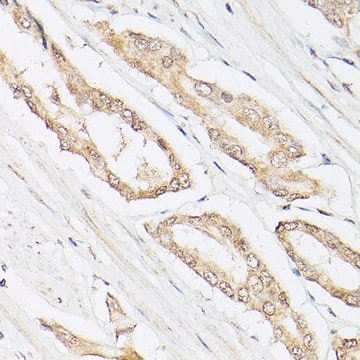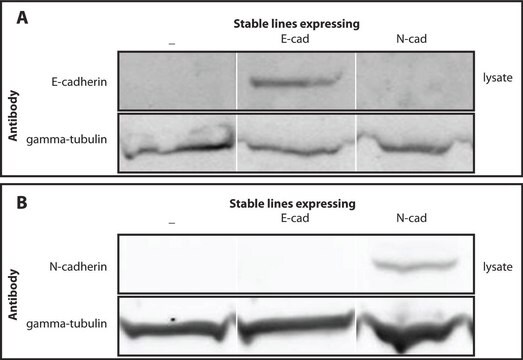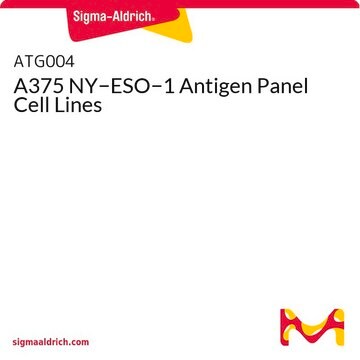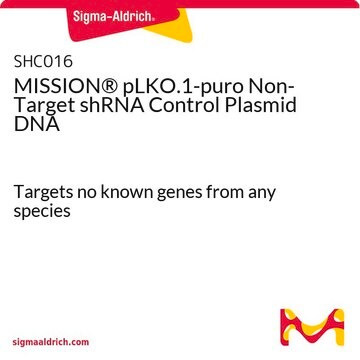R5530
Anti-Rab8 antibody produced in rabbit
IgG fraction of antiserum, buffered aqueous solution
Synonym(s):
Anti-Mel transforming oncogene (RAB8 homolog), Anti-Mel transforming oncogene (derived from cell line NK14), Anti-RAB8 homolog, Anti-RAB8A, Anti-Ras-associated protein RAB8
About This Item
Recommended Products
biological source
rabbit
Quality Level
conjugate
unconjugated
antibody form
IgG fraction of antiserum
antibody product type
primary antibodies
clone
polyclonal
form
buffered aqueous solution
mol wt
antigen ~24 kDa
species reactivity
mouse, human, rat
technique(s)
indirect immunofluorescence: 1:100-1:200 using mouse 3T3 and rat NRK cells
western blot: 1:250-1:500 using whole extract of human Jurkat cells
UniProt accession no.
shipped in
dry ice
storage temp.
−20°C
target post-translational modification
unmodified
Gene Information
human ... RAB8A(4218)
mouse ... Rab8a(17274)
rat ... Rab8a(117103)
General description
Application
Biochem/physiol Actions
Physical form
Disclaimer
Not finding the right product?
Try our Product Selector Tool.
Storage Class Code
10 - Combustible liquids
WGK
WGK 2
Flash Point(F)
Not applicable
Flash Point(C)
Not applicable
Personal Protective Equipment
Certificates of Analysis (COA)
Search for Certificates of Analysis (COA) by entering the products Lot/Batch Number. Lot and Batch Numbers can be found on a product’s label following the words ‘Lot’ or ‘Batch’.
Already Own This Product?
Find documentation for the products that you have recently purchased in the Document Library.
Our team of scientists has experience in all areas of research including Life Science, Material Science, Chemical Synthesis, Chromatography, Analytical and many others.
Contact Technical Service








